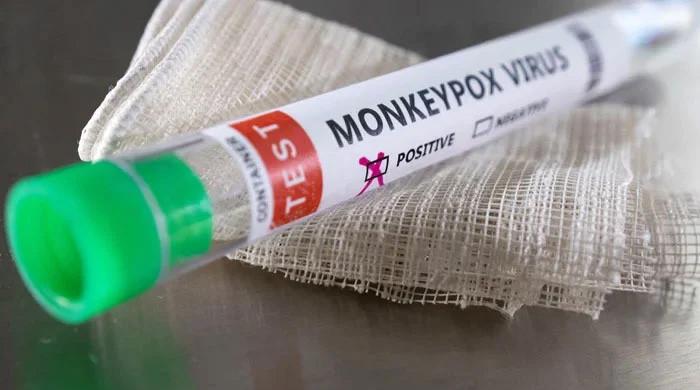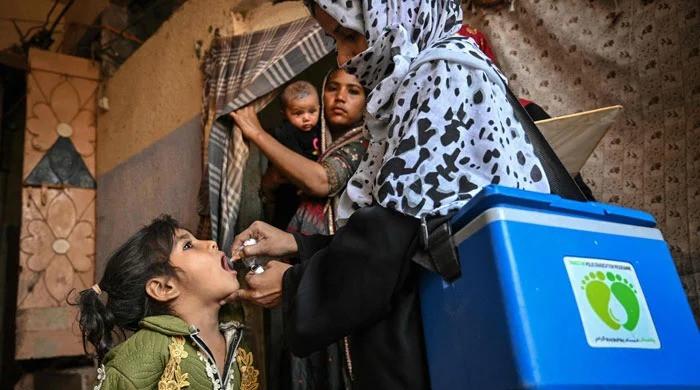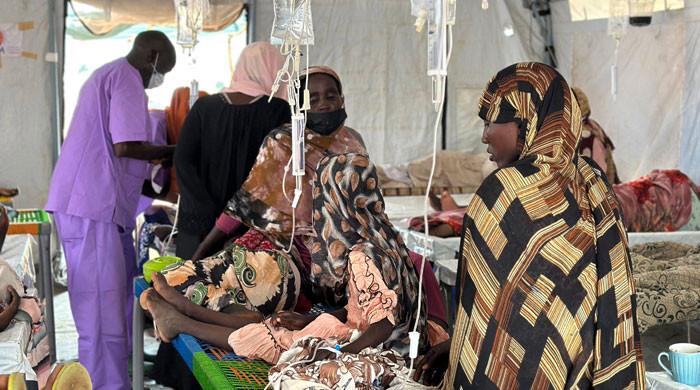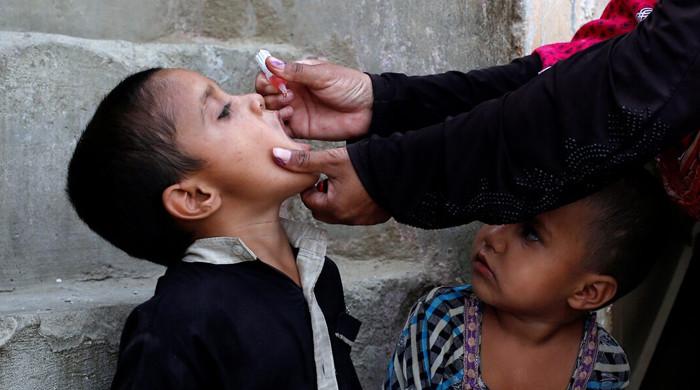West Nile virus: What do you need to know
"It is possible to get some prolonged symptoms that can look just like long COVID," says expert
June 19, 2023
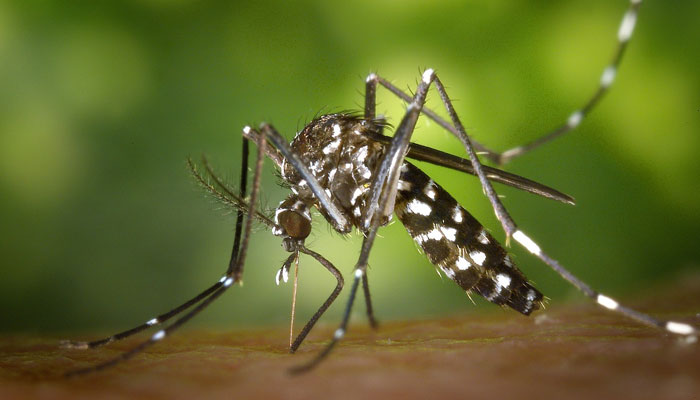
As the summer season starts to settle in across the US, it has also brought mosquitoes with it increasing the risk of diseases like the West Nile virus (WNV), as people have already begun to report mosquito bites.
The West Nile virus came to the US in 1999, and gradually became the leading cause of mosquito-borne disease in the country, as per the Centers for Disease Control and Prevention (CDC).
How West Nile virus spreads?
According to information from the CDC website, the West Nile virus — a flavivirus in the same family as yellow fever, dengue fever, Japanese encephalitis and the Zika virus — spreads in other people when Culex mosquitoes bite infected birds before biting people and other animals.
However, this is not contagious and cannot be spread as other viruses do — by sneezing or physical contact.
Dr Christian Sandrock, division vice chief of internal medicine at UC Davis Health Medical Center in Sacramento, California said: "Humans and horses are inadvertently infected."
He told Fox News Digital: "This is largely a disease of birds and we can get infected, but we are not part of the host cycle."
What are symptoms of West Nile virus?
According to the CDC, infected people do not experience any symptoms.
"These people would only know there were previously infected if blood antibodies were checked," explained Dr George Thompson, professor of medicine at UC Davis Health Medical Center in Sacramento.
Only one in five people experience symptoms such as febrile illness, which is marked by fever along with body aches, headache, joint pain, diarrhoea, rash and/or vomiting.
These may wither away in some people on their own but in some, weakness-like conditions remain even after months of infection.
"In rare cases, the virus can lead to serious conditions impacting the brain such as encephalitis (inflammation of the brain) or meningitis (inflammation of the membranes that surround the brain and spinal cord)," the CDC stated.
Those seriously affected may experience headache, stiff neck, high fever, disorientation, vision loss, muscle weakness, convulsions, tremors, coma or paralysis, which occur when there is a viral infection of the central nervous system.
“Those who have any change in personality or weakness of the legs and arms should seek medical attention immediately,” said Sandrock.
"It is possible to get some prolonged symptoms that can look just like long COVID," he warned.
Dr Marc Siegel, a professor of medicine at NYU Langone Medical Center, told Fox News Digital: "People of 60 years of age, who have had organ transplants and those with diabetes, cancer, high blood pressure, kidney disease, immune disorders and other certain medical conditions, are on the high risk."
What is diagnosis, treatment of West Nile Virus?
Diagnosis and treatment are carried out depending on symptoms and blood tests only by a doctor, as there are no medicines or vaccines for it.
Those suffering from severe illness may need to admit to the hospital for care.
How to prevent West Nile Virus?
Seigel noted that generally speaking, the number of infections is limited by the number of mosquitoes.
In some parts of California, counties are using drones to apply larvicide in unoccupied marshes to reduce the mosquito population, he said.
"This approach is much safer than going after adult mosquitoes in terms of effectiveness, environmental impact and the effect on wildlife," Dr Siegel said.
Short of reducing the mosquito population, Siegel said the best modes of protection are to use insecticide, wear long sleeves and avoid going near standing bodies of water, such as ponds, lakes or reservoirs, where mosquitoes tend to breed.
Sandrock also added: "Mosquitoes bite at dawn and dusk, so be sure to wear long sleeves and use DEET during these times in July and August, which are the worst months."





